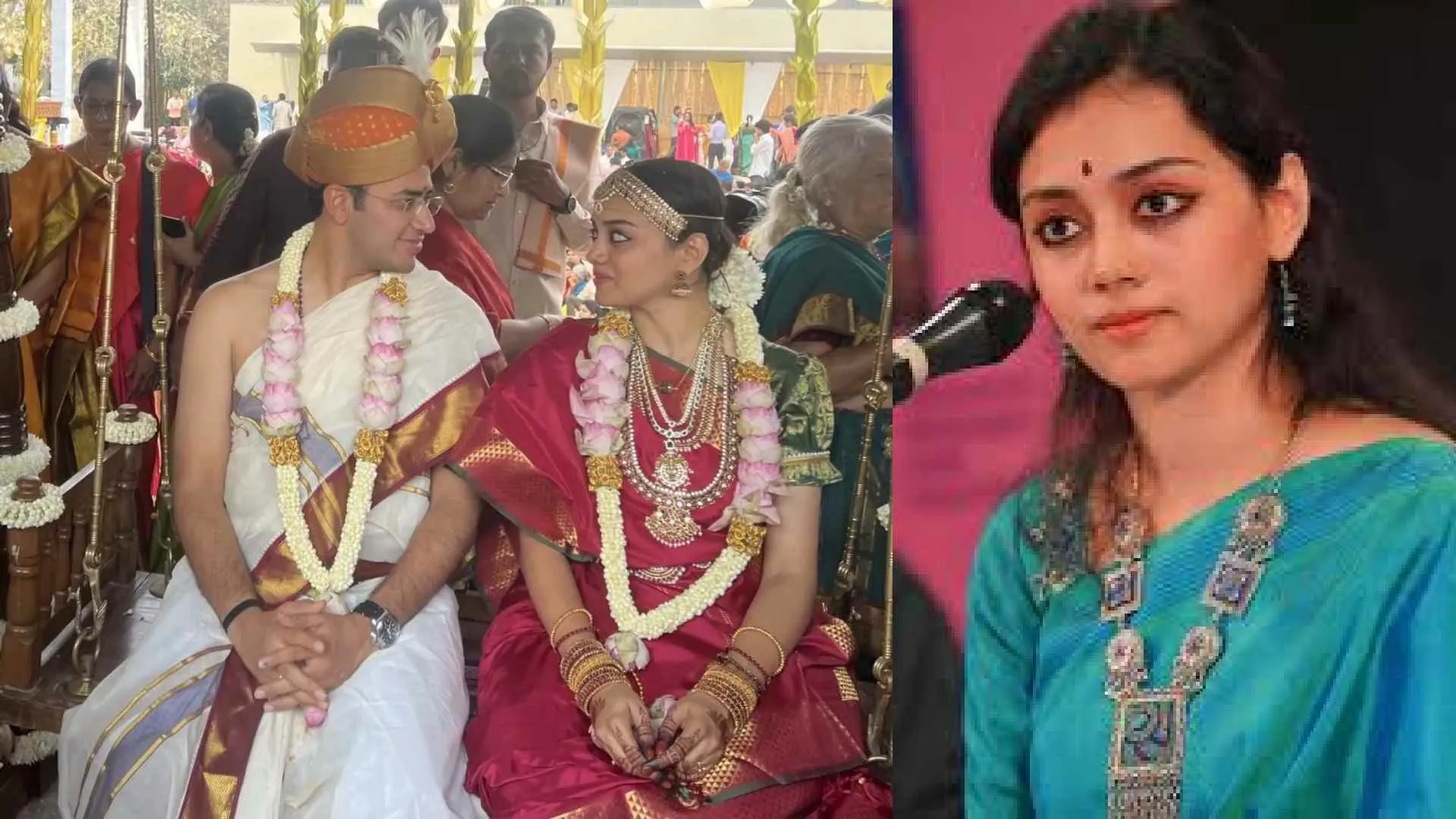The Karnataka High Court while quashing a Sainik Welfare Board guideline ruled that just like a married son remains a son, a married daughter remains a daughter. The guidelines barred married daughters from availing dependent cards available to the children of ex-defence personnel.
“If the son remains a son, married or unmarried; a daughter shall remain a daughter, married or unmarried. If the act of marriage does not change the status of the son; the act of marriage cannot and shall not change the status of a daughter,” a single judge bench of the Karnataka HC ruled in an order on January 2.
Justice M Nagaprasanna also asked the central government not to refer to former defence personnel as “ex-servicemen” and consider a more gender-neutral term.
Priyanka Patil, the, filed a case and approached the High Court in 2021 when she was refused a dependent card on the grounds of her being married. Priyanka is the daughter of former army personnel, Subedar Ramesh Khandappa Police Patil who died during Operation Parakram in 2001.
In order to avail the 10 % reservation Priyanka needed to be identified as the daughter of former defence personnel for the recruitment of assistant professors in government degree colleges in Karnataka.
The HC, while hearing her plea, stated that the Board’s rule was “violative of Article 14 of the Constitution of India,” which guarantees equality. It added that the guideline is a “depiction of gender stereotypes that existed decades ago, and if permitted to remain would be an anachronistic obstacle in the march to women’s equality.”























